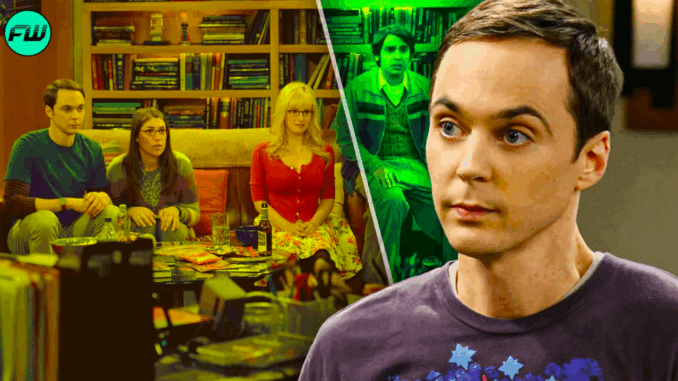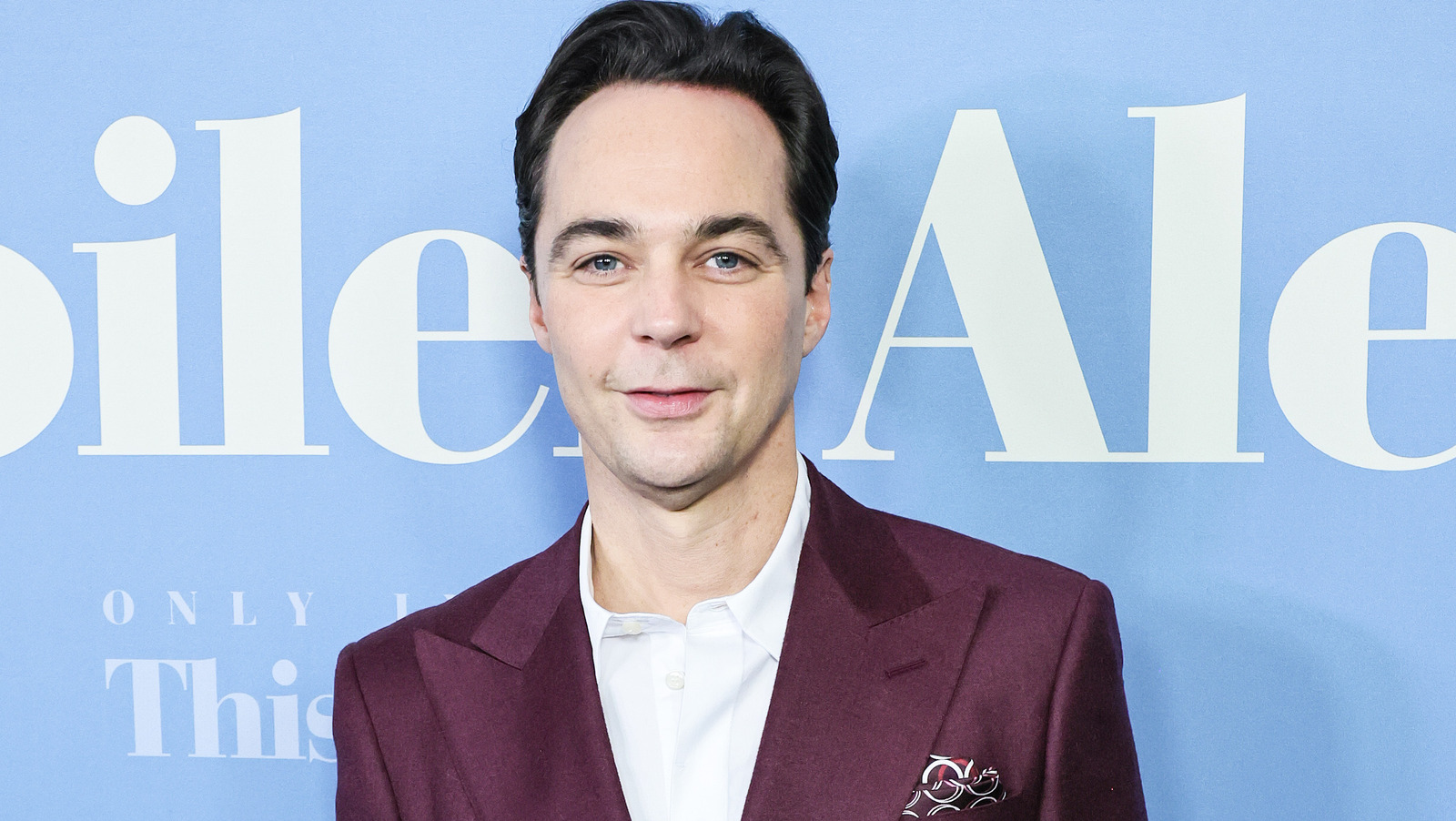
For twelve seasons, The Big Bang Theory delivered a gallery of quirky and lovable characters—but none stood out like Sheldon Cooper. Played masterfully by Jim Parsons, Sheldon became one of television’s most iconic characters. With his rigid logic, social cluelessness, and unforgettable quirks, he redefined the image of a “TV genius”—not as a suave detective or tortured inventor, but as a hilariously literal, emotionally complex human being.
A Character Unlike Any Other
When Sheldon first appeared on screen, he felt like a walking anomaly. A theoretical physicist with an IQ of 187 and a photographic memory, he was incapable of sarcasm, loathed human touch, and preferred trains to people. Yet he wasn’t a caricature—thanks to Parsons, he was a living, breathing, deeply nuanced creation.
Audiences didn’t just laugh at Sheldon’s obsessions and awkwardness—they grew to understand him. His social misfires weren’t rooted in cruelty but in a genuine inability to grasp nuance. This made his moments of vulnerability—and eventual growth—all the more impactful.
Jim Parsons’ Performance: A Masterclass in Precision
Parsons won four Emmys for the role, and deservedly so. His portrayal of Sheldon required razor-sharp timing, encyclopedic memory, and physical control. Every tilt of the head, every raised eyebrow, every line delivered with clinical exactitude helped shape a performance that was both technically flawless and emotionally revealing.
Despite Sheldon’s rigid nature, Parsons gave him depth. His slow realization of empathy, his evolving friendship with Penny, and his romance with Amy showed an internal world struggling to connect—and ultimately succeeding in his own unique way.
The Hidden Layers Beneath the Brilliance
What made Sheldon unforgettable wasn’t just his intellect, but his layers. Beneath the arrogance and demands was a child who had been bullied, a son desperate for order in a chaotic world, and a man terrified of losing control.
His insistence on “roommate agreements,” “bathroom schedules,” and “spot on the couch” weren’t just for comedy—they were mechanisms of stability. His deep friendships with Leonard and the rest weren’t easy, but they were real. Sheldon didn’t change quickly, but he did change—and that growth felt earned.
Perhaps the most powerful proof of this was in the series finale, when Sheldon tearfully acknowledged his friends during his Nobel Prize acceptance speech. For someone once incapable of emotional expression, it was a triumphant and moving end.
Sheldon and Amy: A Love Story on His Terms

Sheldon’s relationship with Amy Farrah Fowler—brilliantly portrayed by Mayim Bialik—became one of the show’s most compelling arcs. What began as a forced setup evolved into one of the most unconventional yet deeply heartfelt romances on television.
They didn’t fall in love through grand gestures or physical attraction, but through shared intellect, mutual respect, and emotional breakthroughs. Their relationship helped Sheldon confront his fears and forced him to meet someone halfway—something once unthinkable.
When the couple finally married and won the Nobel together, it felt like a victory not just for love, but for growth, partnership, and acceptance.
A Legacy That Lives On
Even after The Big Bang Theory ended, Sheldon’s story continued through the prequel series Young Sheldon. While that show features a different actor, it’s a testament to how layered and beloved the character became.
Jim Parsons remains the narrator and executive producer of Young Sheldon, keeping the legacy alive. But it’s the original performance—twelve years of meticulous, funny, moving work—that will always be remembered.
Sheldon Cooper didn’t fit any mold—and that’s exactly why he endured. In a world of fast-paced sitcoms and recycled characters, he was singular. And thanks to Jim Parsons, he’ll remain one of the most iconic sitcom characters of the 21st century.